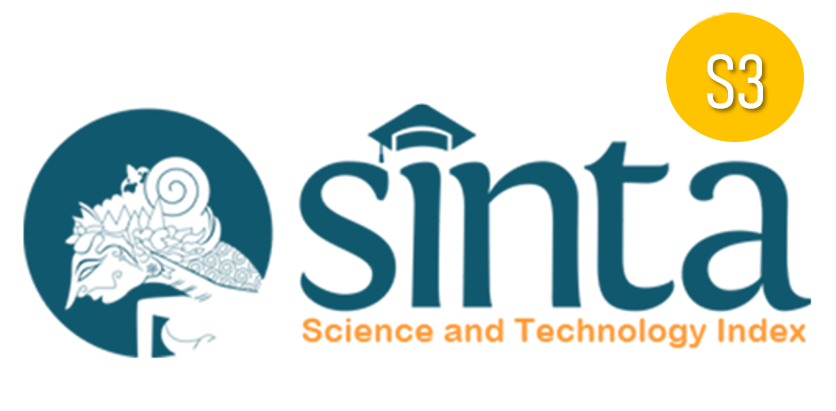Exit Exams Pre, During, and Post Exam Administration Procedures in Higher Education: A Systematic Review
Abstract
Keywords
Full Text:
PDFReferences
Ackeren, M., Van Damme, J., and Onghena, P. (2012). The impact of exit exams on educational standards: A case study from Germany. Journal of Educational Research, 45(3), 123-138.
Biggs, J. (1996). Enhancing teaching through constructive alignment. Higher Education, 32(3), 347-364.
Bracey, G. W. (2009). Mandatory exit exams: Do they discourage graduation? Phi Delta Kappan, 90(8), 567-571.
Cook, K. S., Fogelberg, K., Butterbrodt, P., Jolley, K., Raghavan, M., and Smith, J. R. (2023). Assessing student learning: Exams, quizzes, and remediation. Educational Principles and Practice in Veterinary Medicine, 10, 287-312.
El-Hassan, H., Hamouda, M., El-Maaddawy, T., and Maraqa, M. (2021). Curriculum-based exit exam for assessment of student learning. European journal of engineering education, 46(6), 849-873.
Ford, D. Y., and Harmon, D. A. (2001). Equity and excellence: Providing access to gifted education for culturally diverse students. Journal of Secondary Gifted Education, 12(3), 141-147.
Medina, C., and Rufín, R. (2015). Transparency policy and students’ satisfaction and trust. Transforming Government: People, Process and Policy, 9(3), 309-323.
Pressley, M., Gaskins, I. W., Solic, K., and Collins, S. (2006). A portrait of benchmark school: How a school produces high achievement in students who previously failed. Journal of Educational Psychology, 98(2), 282.
Rodeiro, C. V., and Macinska, S. (2023). Teachers' and students' views of access arrangements in high stakes examinations. Research Matters, 35, 41-59.
Salto, D. J. (2018). To profit or not to profit: the private higher education sector in Brazil. Higher Education, 75(5), 809-825.
Saunders, P., and Scialfa, C. T. (2003). The effects of pre-exam instruction on students' performance on an effective writing exam. Written Communication, 20(2), 195-212.
Weir, C. J. (2010). Pretest/posttest assessment and the role of feedback in exit exams. Language Assessment Quarterly, 7(2), 123-138.
Yanisky-Ravid, S., and Hallisey, S. K. (2019). Equality and privacy by design: A new model of artificial intelligence data transparency via auditing, certification, and safe harbor regimes. Fordham Urban Law Journal, 46, 428.
Zhao, L., Peng, J., Yang, X., Yan, W., Ke, S., Dong, L. D., Yaxin, L., and Lee, K. (2023). Effects of honor code reminders on university students’ cheating in unproctored exams: A double-blind randomized controlled field study. Contemporary Educational Psychology, 75, 102213.
Zimmerman, B. J. (2002). Becoming a self-regulated learner: An overview. Theory Into Practice, 41(2), 64-70.
DOI: https://doi.org/10.17509/ijert.v5i1.82812
Refbacks
- There are currently no refbacks.
Copyright (c) 2025 Universitas Pendidikan Indonesia (UPI)

This work is licensed under a Creative Commons Attribution-ShareAlike 4.0 International License.







.png)




